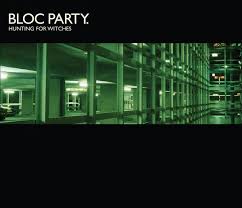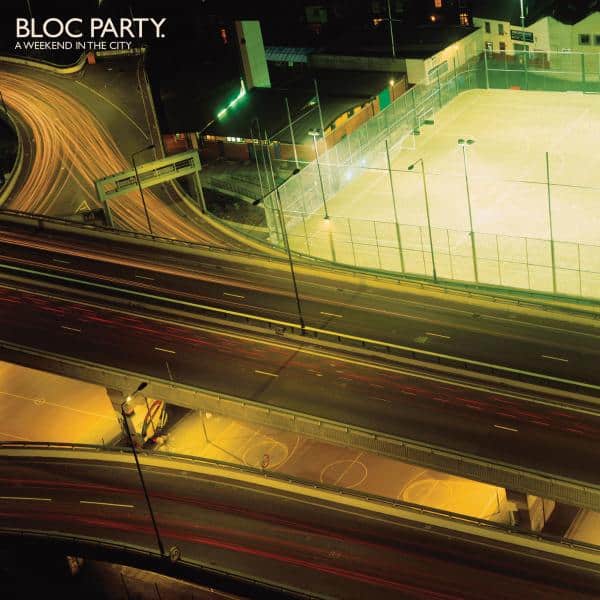Song Stories: Bloc Party: Hunting for Witches
When Bloc Party released "Hunting for Witches" in 2007 as part of their second album, "A Weekend in the City", the track quickly became one of the most socially charged anthems of the indie rock era. Rooted in post-9/11 political commentary, Hunting for Witches explores the complexities of fear, division, and scapegoating in a world reeling from the aftermath of terror attacks and media-driven paranoia.
The band provided a hard hitting critque on how society, and the media react to a crisis. Turning the track into not only a brilliant indie rock song but a sobering reflection on our collective psyche.
"Hunting for Witches" is unsettling throughout, with a jittery electronic intro, and guitar effects that add to the songs urgent tone. The beat provided by bassist Gordon Moakes and drummer Matt Tong evokes a sense of chase or pursuit that mirrors the song's lyrics. It's as if the music itself is hunting, forcing the listener to feel a fraction of the unease that Bloc Party is addressing in the song.
Frontman Kele Okereke’s lyrics in Hunting for Witches take direct aim at the public’s reaction to terrorism and the media's role in fanning the flames of fear and division. Okereke doesn’t just observe this environment he immerses himself in it, painting a haunting picture of a society locked in a cycle of suspicion and anger.
He alludes to the 7/7 London bombings and the rhetoric that emerged around the event, capturing a moment in time when fear of the "other" began to reshape public policy and personal interactions. Living in London himself at the time, he could feel this rhetoric changing and the fear beginning to set in
The song’s chorus, "I'm hunting for witches," becomes a mantra, transforming the idea of "witch hunts" from a metaphor into a raw and visceral action. Okereke is deliberately provocative, challenging listeners to confront their own complicity in scapegoating and blame.

One of the most memorable lines in the song, "The Daily Mail says the enemy’s among us," is a pointed reference to the media's role in stoking xenophobia. Okereke questions the narratives sold to the public by sensationalist journalism, asking whether these stories create a false sense of unity by creating enemies out of people who were once neighbors.
People were becoming suspicious and even fearful of those around them. Society was becoming fragmented, and these ideas suspicions and feared stretched far beyond the streets of London. The West began to grapple to questions of security, immigration, and identity. Okereke taps into the raw nerves exposed by these events, suggesting that fear can be used as a tool for division. Shifting the ideas into something much darker, more paranoid. Creating echo chambers of thoughts, driven by the mass media.
Over a decade since its release, Hunting for Witches remains eerily relevant. Although written in a specific historical context, the themes of media manipulation, fearmongering, and societal fragmentation resonate today as strongly as they did then. In the age of social media, where misinformation can spread faster than ever, Bloc Party’s message is both prescient and prophetic.
Away from it's meaning "Hunting for Witches" still remains as brilliant piece of music, it showcases everything that Bloc Party do best. With brilliant instrumentation from all four members creating a tight and tense feel. At that time Bloc Party were writing some of the best indie songs at that time. Following the release of the brilliant "Silent Alarm" the bands second record "A Weekend in the City" with it's huge musical ambition and a willingness to engage with serious social and political issues, they did something that no other band was doing at the time.

While Arctic Monkeys and other contemporaries were primarily chronicling the thrill and humor of nightlife and relationships, Bloc Party took on the role of a cultural observer, offering a more somber perspective on the state of modern society. This focus on societal issues and introspection made Bloc Party’s work feel heavier and more intellectual.
Bloc Party also brought a sense of diversity to the British rock scene. Kele Okereke was one of the few Black frontmen in the indie rock genre, and his perspective informed much of the band’s work, particularly on issues like race, identity, and belonging. His experiences as a queer, Nigerian-British artist brought a fresh perspective that resonated with many who felt underrepresented in British rock music.
Thank you for reading
Jack